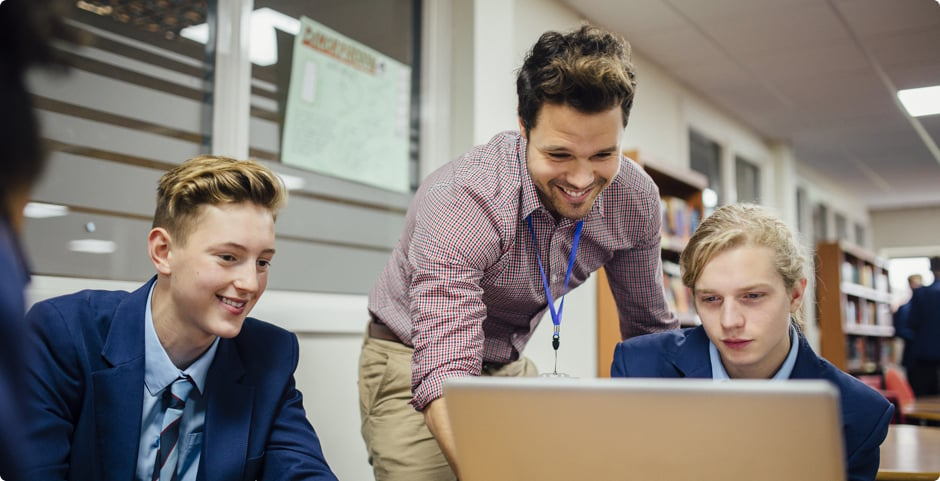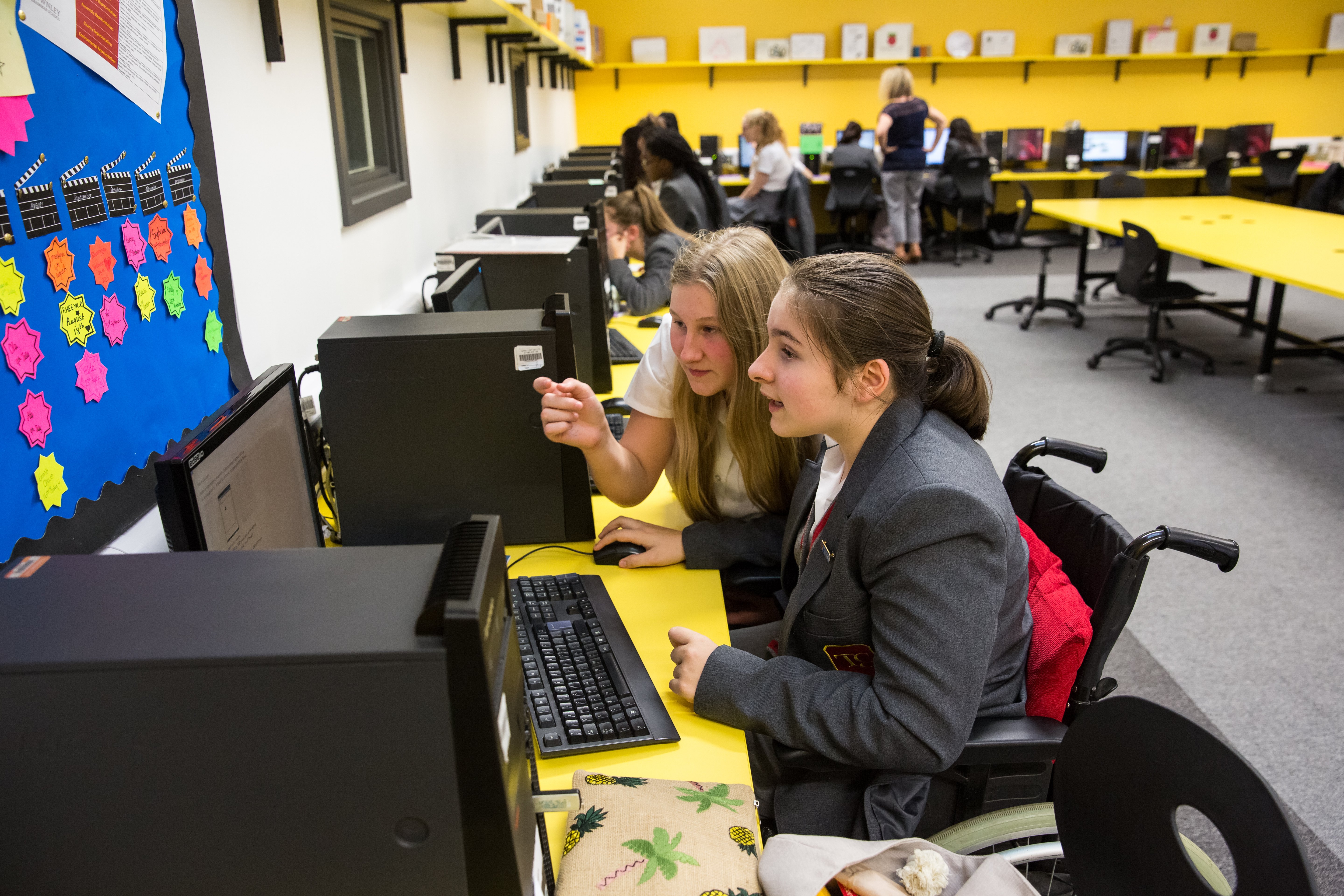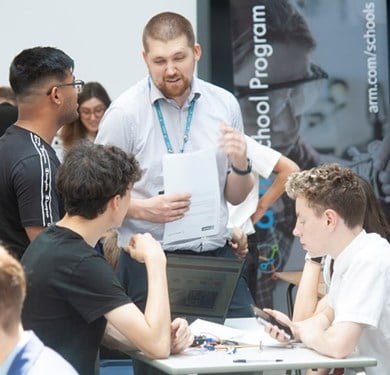Physical Computing Innovation Days
Innovation Days are exciting project-based learning experiences where students participate in teams to solve real-world challenges.
Together with the Arm School Program we've packaged up all of the resources and materials you need to run your own Physical Computing Innovation Days.





 Another way to connect with our community is via our CAS Secondary Facebook group. At the time of writing, the group has over 1300 members sharing resources, support and guidance on all things computing related in secondary schools
Another way to connect with our community is via our CAS Secondary Facebook group. At the time of writing, the group has over 1300 members sharing resources, support and guidance on all things computing related in secondary schools Our YouTube channel has over 350 videos covering a wide range of topics around computing education, including computing in the secondary setting. In fact, we’ve got a whole playlist of secondary related videos which you can watch here.
Our YouTube channel has over 350 videos covering a wide range of topics around computing education, including computing in the secondary setting. In fact, we’ve got a whole playlist of secondary related videos which you can watch here.  Another way to connect with the CAS community is via our fortnightly Twitter takeover in the form of #CASChat via @CASChat_UK which happens every Tuesday at 8pm.
Another way to connect with the CAS community is via our fortnightly Twitter takeover in the form of #CASChat via @CASChat_UK which happens every Tuesday at 8pm.